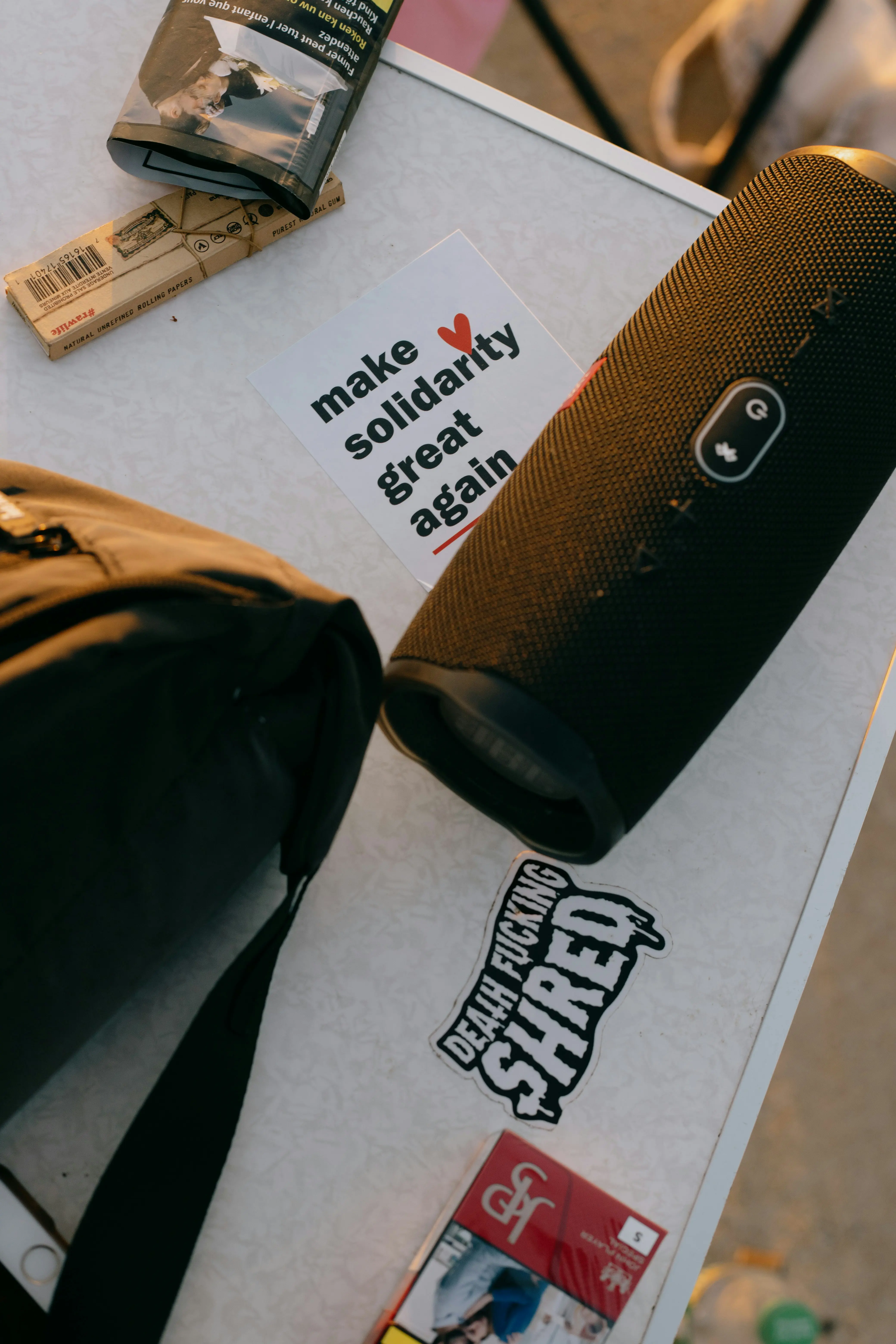Us Political Crises Spark Unifying Social Media Trends

During tumultuous times, social media can transform from a platform of division to one of unity, according to new research from the University of Cambridge. The study, conducted by the Social Decision-Making Lab, examined digital behavior during pivotal moments in the 2024 US election, uncovering that crises can shift online engagement from hostility to solidarity.
Lead author Malia Marks, a PhD candidate at Cambridge, and her team analyzed over 62,000 public Facebook posts from US politicians, commentators, and media outlets. They aimed to understand how major events like the attempted assassination of Donald Trump and Joe Biden's suspension of his re-election campaign influenced social media dynamics.
The findings were surprising. “Negative emotions such as anger and hostility are usually the fuel for social media engagement,” Marks explained. “However, during political crises, we observed a shift towards ingroup love rather than outgroup hate.”
After the attempt on Trump's life, posts promoting Republican unity saw a notable 53% boost in engagement. Messages like those from evangelist Franklin Graham expressing gratitude for Trump's safety, and Laura Ingraham highlighting Trump's resilience, resonated widely. Meanwhile, posts attacking Democrats saw a decline in interaction.
Similarly, Biden's withdrawal from the race prompted a 91% surge in engagement for Democrat-aligned posts that emphasized solidarity. Figures like former US Secretary of Labor Robert Reich and former House Speaker Nancy Pelosi praised Biden's leadership, which resonated deeply with his supporters.
Interestingly, the trend of ingroup solidarity during crises isn't confined to the US. Earlier research by the same team showed a similar pattern in Ukraine following the Russian invasion in 2022. Ukrainian social media posts expressing unity received significantly more engagement than those hostile to Russia.
Co-author Yara Kyrychenko emphasized that while social media is often criticized for exacerbating divisions, it can also foster a “rally-round-the-flag” effect in moments of crisis. “In times of crisis, ingroup love may matter more to us than outgroup hate on social media,” added Dr. Jon Roozenbeek, a Lecturer in Psychology at Cambridge and senior author of the study.
This research highlights the potential for social media to serve as a catalyst for unity, particularly during times of political upheaval, suggesting that positive emotions can indeed cut through the digital discord.